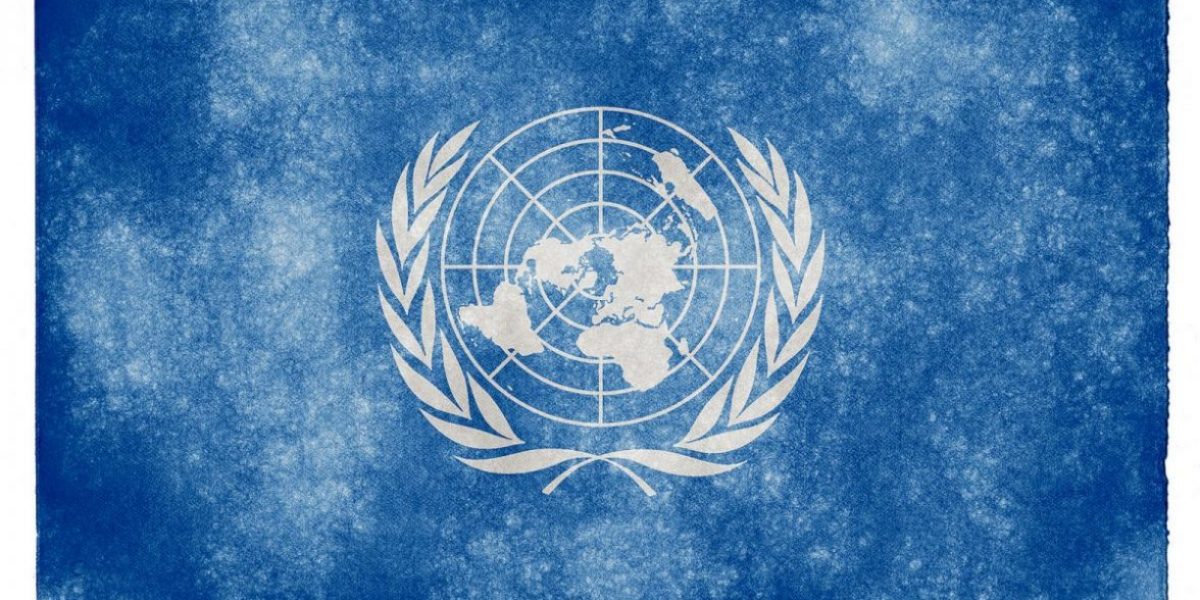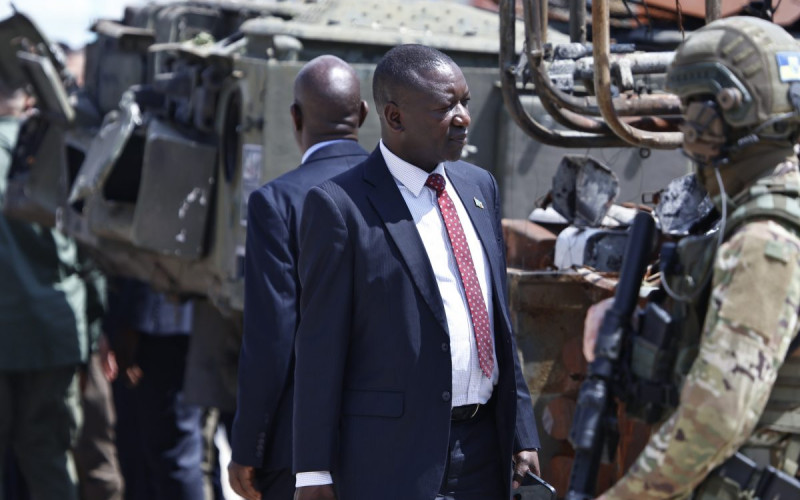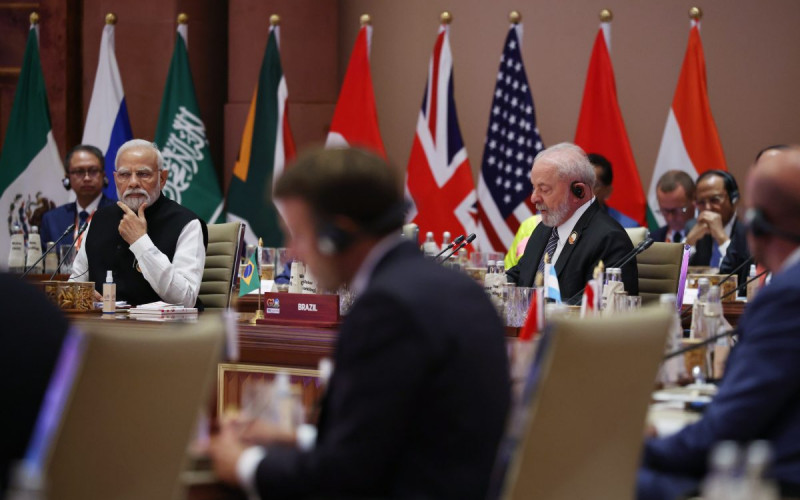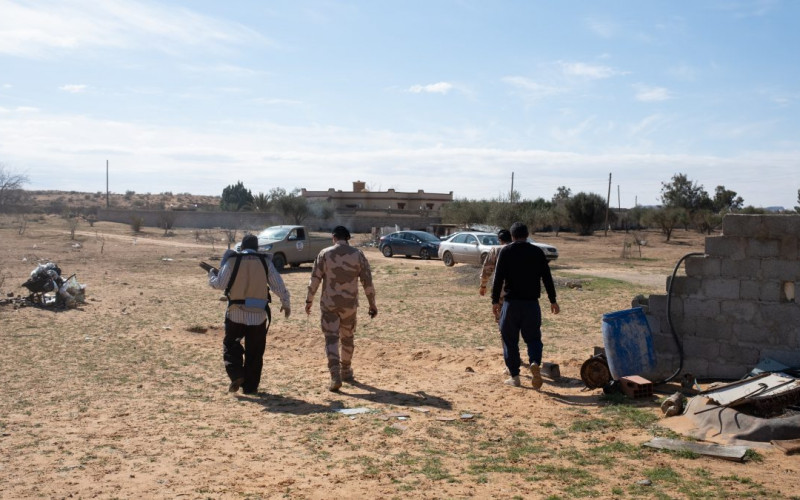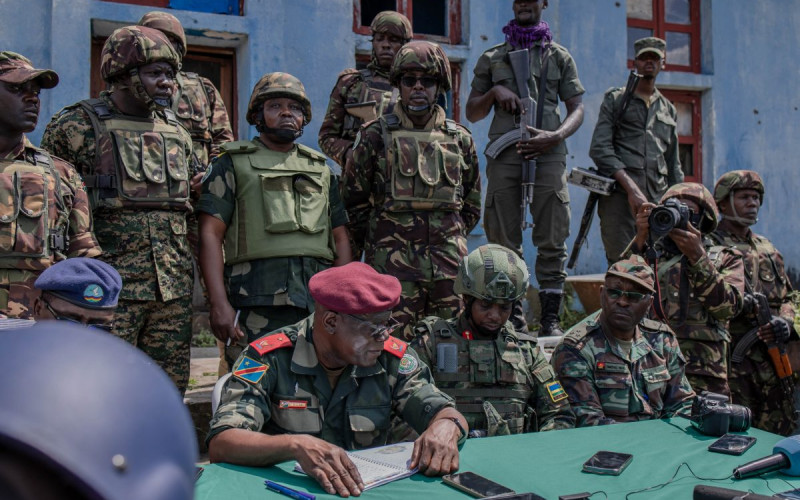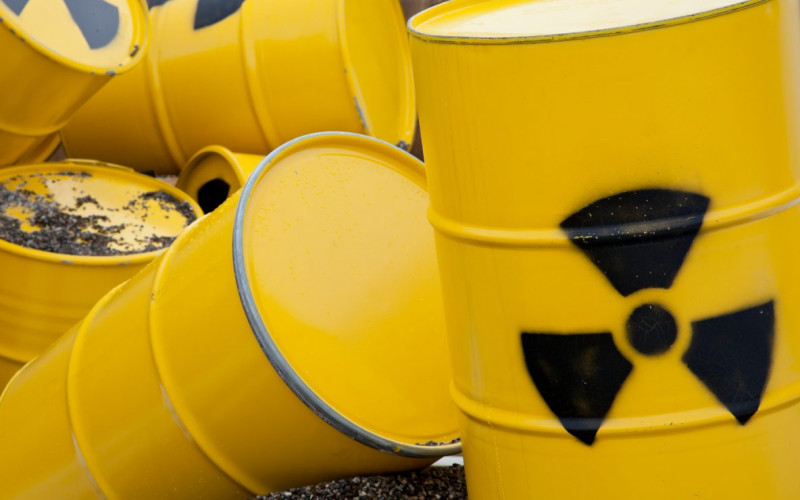The year got off to a demanding start as South Africa assumed the presidency of the UN Security Council for the month of January. Three factors will determine whether or not South Africa, in the second year of its term, is successful in offering continuity, creating coherence and building African consensus on steering the African agenda of the Council.
The first is the extent to which South Africa can be instrumental in restoring good relations between the African Union (AU) and the UN Security Council. The second is how far it can steer the UN Security Council to adopt a more methodical and coherent approach to some of the most pressing African conflicts. Finally, South Africa’s success will be determined by the extent to which it can secure a single voice between itself and the newly-elected African members of the Security Council, especially Morocco.
It is well known that as part of its agenda to reform the governance of global multilateral institutions, South Africa has its eyes firmly set on assuming one of the permanent seats for Africa on the Security Council when such reform finally takes place. To this extent, the issues that South Africa will champion and the manner in which it successfully builds consensus around African conflict resolution during its Security Council tenure will form a critical part of the continent’s evaluation of the country. Holding the presidency of the Security Council offers the opportunity for a country to table for discussion an issue which it wishes to place in the spotlight. In consistence with the 2007-2008 tenure, the South African government has announced that it will use its January presidency to create debate on how to form greater co-operation between the UN Security Council and the AU.
An ongoing challenge for South Africa is how to build African consensus in a timely manner. The slow pace of the AU to take a clear position on the no-fly zone in Libya, as well as the divisions on the Ivory Coast did not do much to instil confidence in the organisation’s ability to move quickly and decisively in relation to the interests of permanent members. Although all three African countries supported Resolution 1973, it was only South Africa that was vocal about what it considered an abuse of the resolution’s intent. Further division became visible in the vote on Syria where South Africa abstained while Nigeria and Gabon supported the resolution drafted by the Europeans.
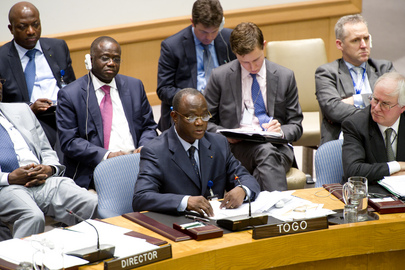
The 2-year term of Gabon and Nigeria has come to and end and Togo and Morocco have been elected to replace them. Morocco presents a particular challenge for South Africa as it is not a member of the AU, due to the ongoing dispute over the AU’s recognition of Western Sahara. It is noteworthy that despite a resolution by AU heads of state at the Malabo Summit in January 2011 to support Togo’s and Mauritania’s candidacies in the General Assembly vote for the 2012-2014 non-permanent members, a number of African states ultimately voted for Morocco. It is this tendency of African countries to not uphold the integrity of their own decisions that makes it difficult for the South Africans, or any other African country on the UN Security Council, to articulate a clear African position.
But the vote is a reminder of the realpolitik that is at play and the difficult terrain that South Africa’s diplomats have to navigate. It is noteworthy that in explaining Morocco’s interests in Africa, Moroccan diplomats at the UN estimated that the country is the second largest African foreign direct investor on the continent after South Africa. It has invested widely, channelled significant sums of development assistance and strengthened diplomatic ties with a number of African countries, especially in West and Central Africa. This concerted diplomatic and commercial effort has clearly weighed well in Morocco’s favour during the UN Security Council elections. This apparent ability of Morocco to make political and economic in-roads in a number of African countries requires a pragmatic South African approach to the issue of co-operation with Morocco at the Security Council. Although the differences between the two countries over Western Sahara will require a more long-term bilateral and multilateral effort, this does not preclude an effort to work towards consensus on issues that will appear before the Security Council. A starting point for co-operation could be Sudan. South Africa has invested millions in the peace effort in Sudan and it is in South Africa’s interests to ensure that progress is achieved in that country.
The ongoing, and in some cases escalating, instability in Sudan requires a more coherent and longer term strategy from the Security Council than the ad hoc approach that has been adopted thus far. It may be sooner rather than later that the situation in the Sudan degenerates to the point where another urgent resolution passes through the UN Security Council. It will be recalled that the Arab League was at the forefront of the Libyan intervention. With Sudan being a member of the Arab League, Morocco’s close relations with Sudan and its membership of the Arab League could create an opportunity for South Africa to proactively build alliances.

